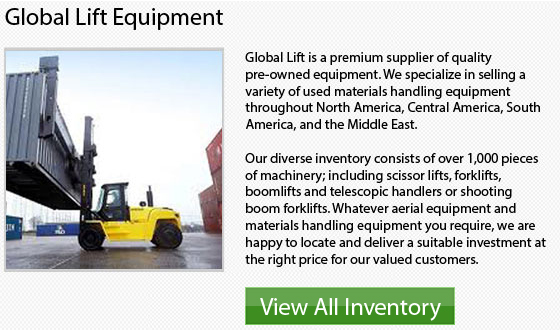
Lift truck Truck Training
Operators must undergo training on an industrial-powered forklift, or lift truck in order to receive forklift operator certification. The training course must be specific to the lift truck attachments and type that you will be using on the job location. Training must also reflect the environment wherein you would be working. Forklift safety should be a top priority for both the trainer and the operator trainee.
General Qualifications
Before assuming any operator duties, all forklift operators should undergo training and certification. Basic qualifications for utilizing a forklift include an age minimum of eighteen years and the physical capacity to safely operate and control the unit.
Pedestrian Safety
The main concern of any forklift operator should be the safety of pedestrians. Pedestrians near the forklift are at risk of death or injury from getting hit by the machinery or its additions. Pedestrians must always have the right of way, and lift truck drivers must honk their horns when working near pedestrians or at intersections or crosswalks.
Weather Conditions
Lift truck mishaps usually occur on loading docks. These areas become dangerous if rain leaks in through open dock doors making the floor extremely slippery. Wet floor conditions can result in a danger and operators should be aware of potential dangers when working in loading dock areas.
Certification
Certification programs for lift truck operators include both practical training and classroom instruction that can be tailored for the specific needs of each work setting. Training should be undertaken on the forklift type and attachments which will be used by the trainee in the workplace.
Mishaps
On average, there is around 100 deaths attributed to forklift accidents, while more than 100,000 are injured by forklifts. The majority of these accidents can be avoided with proper operator training and attention to safety.